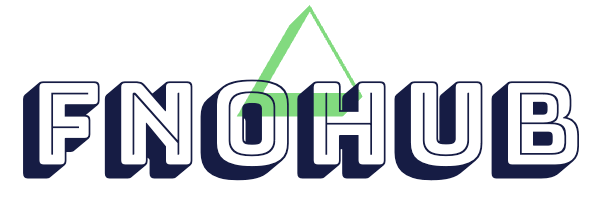- Andrews
- August 27, 2024
- Technology & Tools
Top 5 Tools Every Small Business Should ...
In today's fast-paced world, small businesses need to leverage technology to stay competitive and grow efficiently. Whether you're managing a service booking website like BookApp or running a local shop, the right tools can streamline operations, improve customer experience, and boost productivity. Here are the top five tools that every small business should consider integrating into their daily operations.
1. Project Management Software: Trello
Trello is a user-friendly project management tool that helps you organize tasks, set deadlines, and collaborate with your team. With its visual boards, lists, and cards, Trello makes it easy to track progress and ensure that nothing falls through the cracks. Whether you're planning a marketing campaign or managing client appointments, Trello keeps everything in one place, allowing for seamless communication and efficiency.
2. Accounting Software: QuickBooks
Managing finances can be overwhelming, especially for small businesses with limited resources. QuickBooks simplifies accounting by automating invoicing, expense tracking, and financial reporting. Its intuitive interface allows you to monitor cash flow, manage payroll, and even prepare for tax season without the need for an accounting degree. QuickBooks also integrates with various payment gateways, making it a versatile tool for businesses of all sizes.
3. Customer Relationship Management (CRM): HubSpot
Building and maintaining strong customer relationships is crucial for business success. HubSpot's free CRM platform offers a comprehensive solution for managing contacts, tracking customer interactions, and automating marketing efforts. By keeping all customer data in one place, HubSpot enables you to provide personalized service, improve customer retention, and ultimately drive sales growth.
4. Social Media Management: Buffer
In the digital age, having a strong online presence is non-negotiable. Buffer simplifies social media management by allowing you to schedule posts, track engagement, and analyze performance across multiple platforms. With Buffer, you can plan and automate your social media strategy, freeing up time to focus on other aspects of your business. Its analytics feature also provides valuable insights into what content resonates with your audience.
5. Communication Tool: Slack
Effective communication is the backbone of any successful business. Slack is a powerful messaging platform that brings team communication together in one place. With features like channels, direct messaging, and integrations with other tools, Slack streamlines internal communication, reduces email clutter, and fosters a collaborative work environment. Whether you're coordinating with remote workers or discussing project details, Slack keeps everyone connected and on the same page.
Conclusion
Adopting the right technology and tools can make a significant difference in how efficiently your small business operates. From managing projects and finances to building customer relationships and enhancing online presence, these tools provide the foundation you need to thrive in a competitive market. By integrating these technologies into your daily operations, you'll be well-equipped to tackle challenges, seize opportunities, and drive growth for your business.



Comments